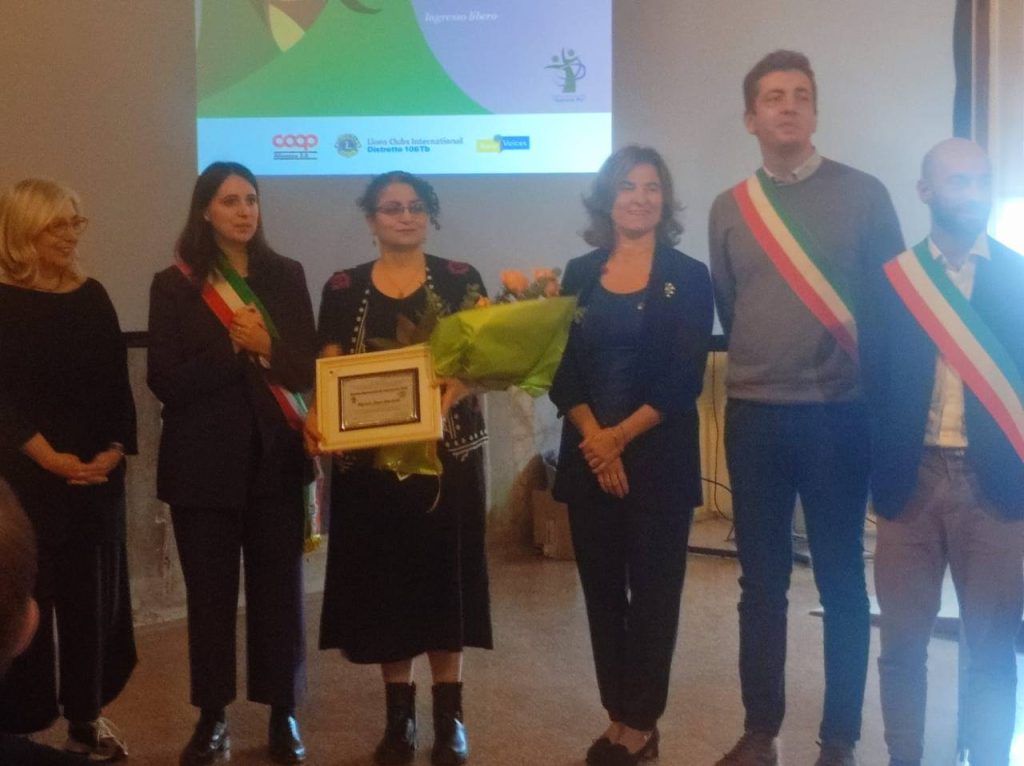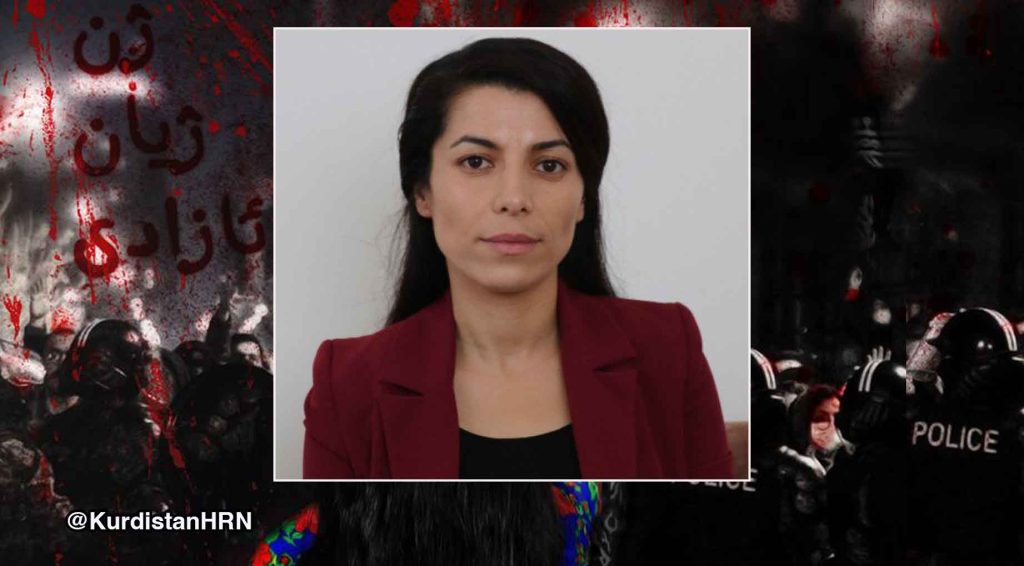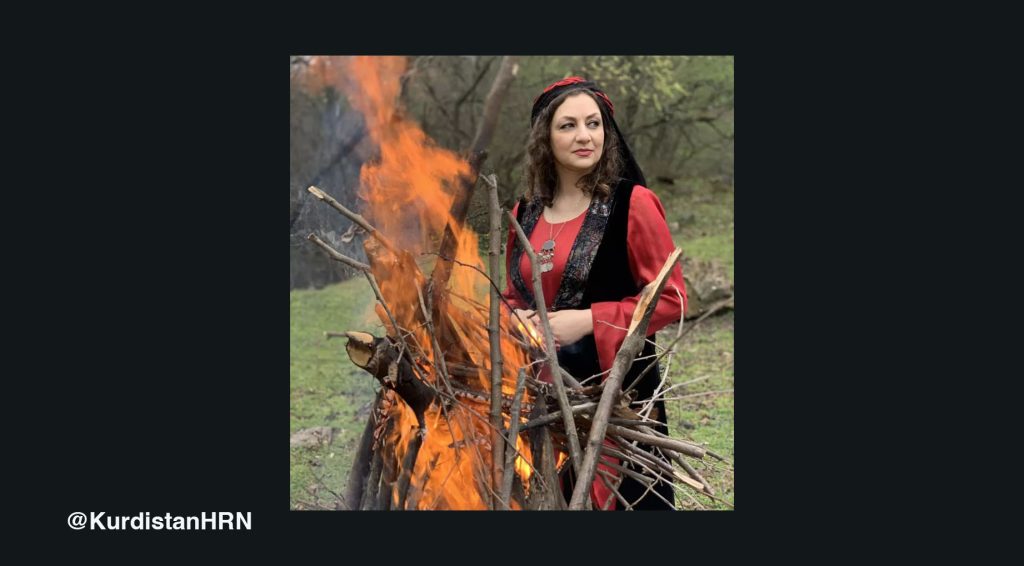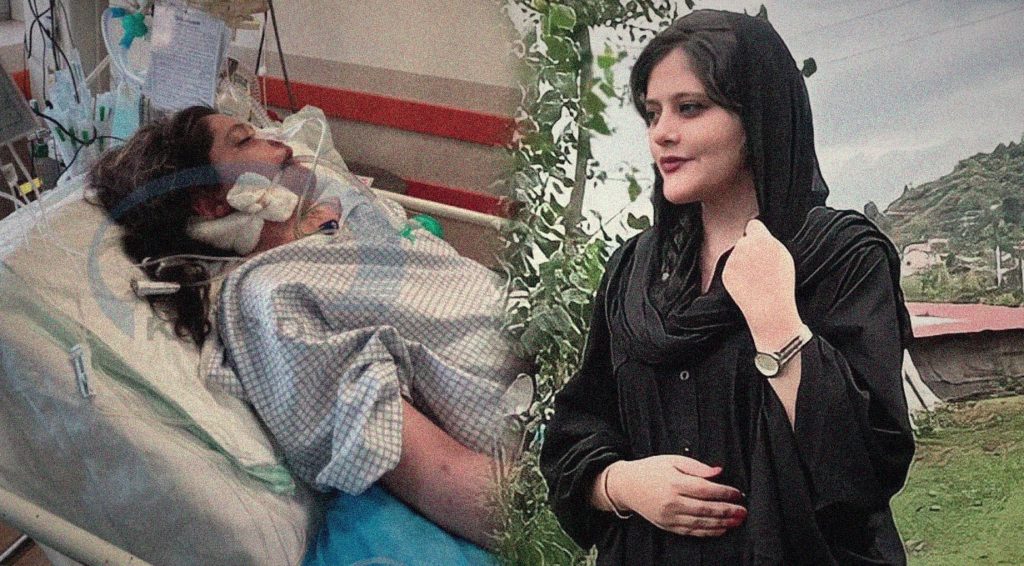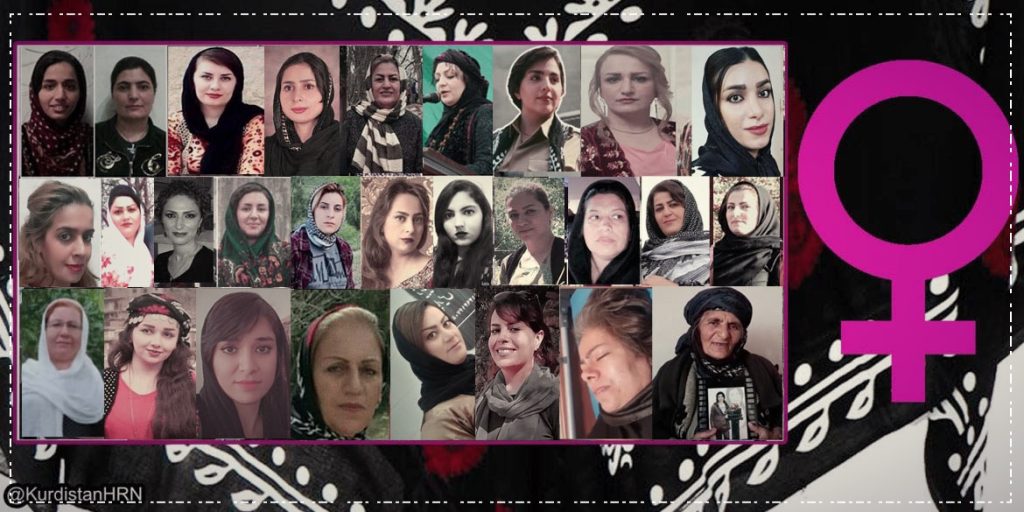In recent days, the news of the murder of a woman from Sanandaj by her brothers has been published in the mass media.
The Kurdistan Human Rights Network (KHRN) has obtained the information that Sargol Habibi was arrested by police in Sanandaj on Saturday, November 28, along with a man, and was handed over to her brothers. Law enforcement officials handed her over to her brothers despite knowing that her life might have been in danger. Sargol was stabbed to death the next day by her two brothers. The young woman’s body was buried without any ceremony.
She was a 31-year-old married woman and mother of two children. Her two brothers reported themselves to the local police station after the murder.According to Fatemeh Karimi, director of KHRN, the victim was arrested along with a married man who reportedly had an affair with her, This circumstances of her arrest has added to the sensitivity of the issue and further incited the victim’s brothers to carry out their decision to kill her. Moreover, the victims’ brothers voluntarily introduced themselves to the police because they knew in advance that they would not be severely punished for the murder they were committing.
This is the eighth woman to be killed by her family members in different parts of Kurdistan since the beginning of this year. According to information confirmed by KHRN, at least two of these killings were done under the pretext of honour. “Killing women in the name of honour and dignity in these areas [Kurdistan] is, unfortunately, is common among families who want to regain their lost honour and dignity.’, KHRN director said.
This researcher of women’s rights believes that in small towns and villages in different parts of Kurdistan, where the majority of people know each other, any kind of behaviour outside of moral norms can have serious consequences for individuals, especially women.
According to her, such murders is not surprising in a country where the law and it’s executive agents directly reinforce and encourage violent behaviours, especially in connection with honour killings. The murder itself is a clear example of the patriarchal law and norms accompanying the increase of honour killings in Iran in general and in Kurdistan in particular.


